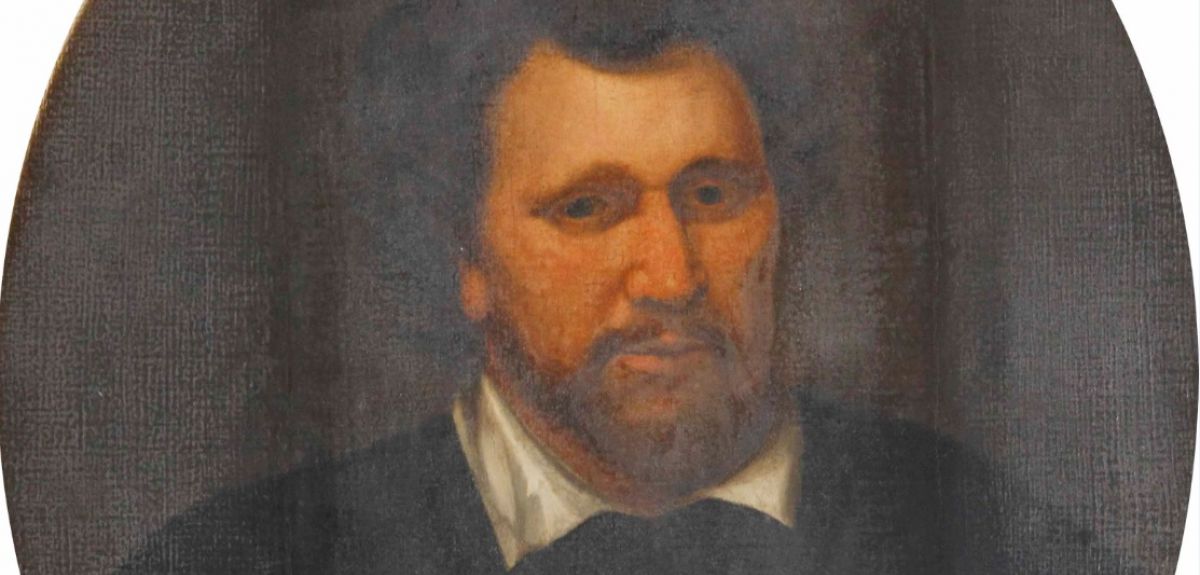
Bodleian Libraries
Bricklayer, scandal-monger, conspirator? Ben Jonson exhibition opens
In a year when all eyes are on Shakespeare, a new exhibition at the Bodleian Library will explore the life of his friend and rival, Benjamin Jonson.
Jonson (1572-1637) was one of the 17th century’s most influential literary figures, regarded by many in his lifetime as the greatest of all English authors. He remains best known for his satirical comedies Every Man In His Humour, The Alchemist and Volpone.
He led an eventful life, working as a bricklayer and a soldier before becoming a playwright, and has gained a reputation as something of a curmudgeon. He was arrested and tortured for the political content of his work and was suspected of conspiring in the Gunpowder Plot – but even so ended up writing masques for the court of King James I.
The exhibition, named O rare Ben Jonson! and curated by Daniel Starza Smith of the Faculty of English and Nadine Akkerman of Leiden University, celebrates the 400th anniversary of the publication of his Workes.
As well as the Workes, an impressive example of early modern printing, the exhibition will feature sketches and texts for court masques which Jonson worked on, poetry written by Jonson for his friends, and the design for Jonson’s monument in Westminster Abbey – contrary in death as in life, Jonson was buried vertically and upside-down.
'Without Jonson’s Workes we might not have Shakespeare’s First Folio,' says Dr Starza Smith. 'It was very unusual for an author’s collected works to have been published during his own lifetime – that was an accolade reserved for Classical authors.
'Jonson published his own works in the folio format and helped to establish the idea that contemporary drama is suitable for this kind of publication and worthy of praise.'
Also on display are copies of Jonson’s tragic and satirical plays, both offering veiled commentary on the politics of his time. Jonson had a strong sense of what it meant to be a public poet and felt an obligation to confront authority and criticise immorality.
Jonson’s friend William Drummond called him “a great lover and praiser of himself, a contemner and scorner of others”, and his criticism extended to other writers and public figures.
'At one point, Jonson visited Drummond, who got him drunk and wrote down all his gossip about the people they knew, including Shakespeare,' says Dr Starza Smith. 'In fact, it’s mainly due to Jonson that we have an idea of Shakespeare as a person at all.'
Jonson and Shakespeare were good friends as well as rivals: not only did Jonson tell Drummond that he “loved” Shakespeare, he wrote a poem introducing the First Folio, saying of Shakespeare ‘Thou art alive still while thy book doth live’.
The exhibition O rare Ben Jonson! runs until 28th August.